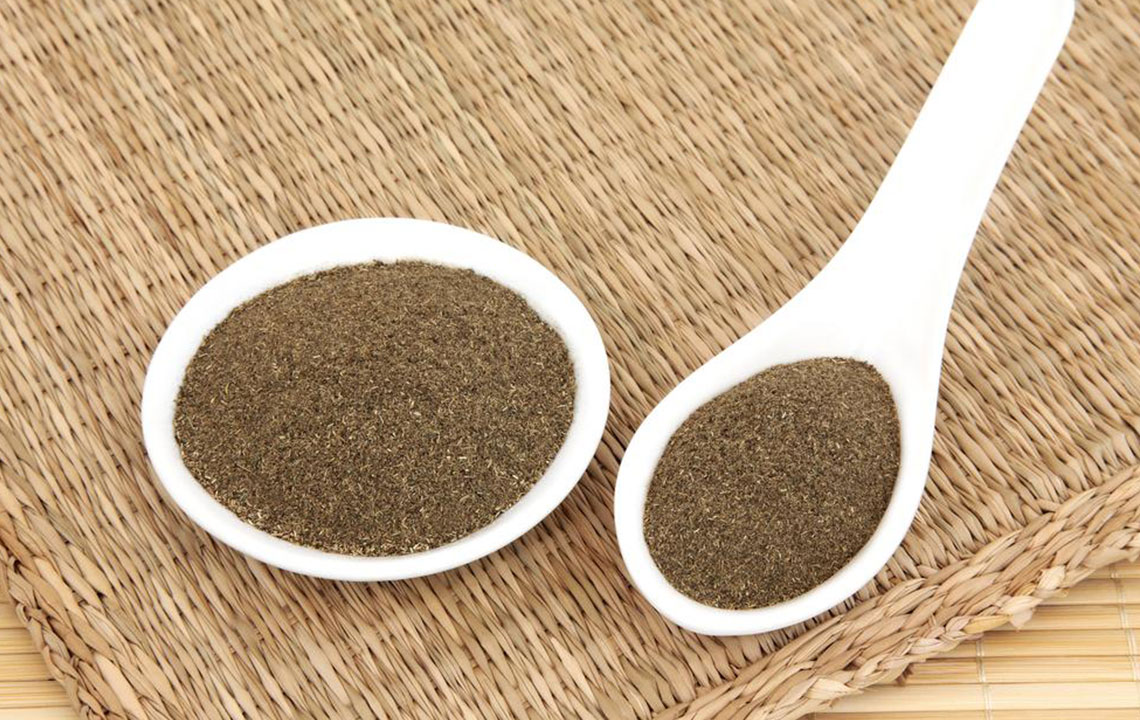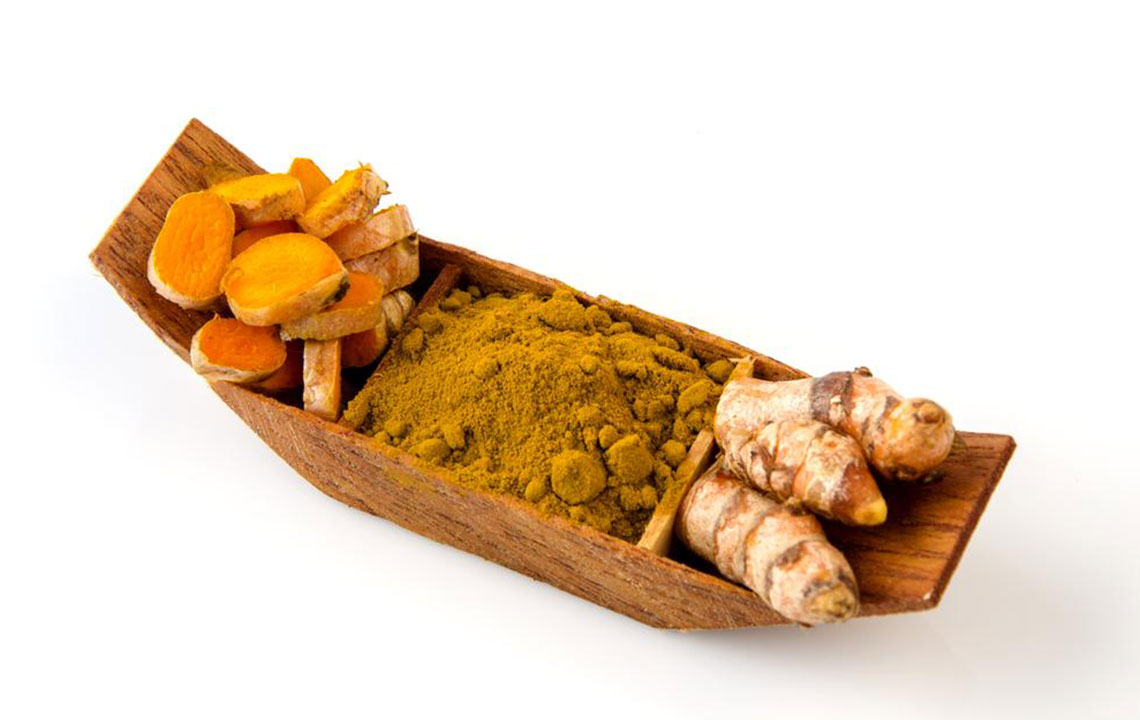Effective Strategies to Alleviate Gas-Induced Stomach Discomfort
Learn practical and effective methods to relieve gas and bloating in the stomach. This guide covers immediate remedies, dietary adjustments, herbal remedies, and understanding underlying conditions to help you achieve digestive comfort quickly. Incorporate these tips to reduce discomfort and promote healthy digestion in daily life.

Effective Strategies to Alleviate Gas-Induced Stomach Discomfort
Experiencing bloating and abdominal pain from gas is common, but these symptoms can sometimes signal underlying health issues. Gas forms naturally during digestion, but when it’s not expelled properly through belching or flatulence, it causes uncomfortable bloating. Here are some practical ways to ease gas and stomach pain.
Immediate Relief Tips
Don't suppress the urge to pass gas: Many avoid releasing gas in public, but holding it in can worsen bloating. Find a private moment, or take a brisk walk or lie down comfortably to help release gas.
Drink herbal teas like chamomile or peppermint: These teas soothe the stomach and can promote digestion. Steep a tea bag in hot water and sip slowly for relief.
Use activated charcoal supplements: Known for reducing gas and cramping, these supplements may provide faster relief. Consult your doctor before use, especially if you are on medication.
Apply warmth for comfort: Placing a hot water bottle on the abdomen can relax muscles and alleviate gas pain. This quick remedy often offers immediate relief.
Implement lifestyle adjustments
Identify and avoid gas-triggering foods: Certain foods like beans, cabbage, dairy, artificial sweeteners, and fizzy drinks can promote bloating. Monitor your reactions and limit these if needed.
Alter your eating order: Eating protein-rich foods first can help prevent excess gas formation, as it preserves stomach acid for breaking down proteins before consuming carbs.
Eat smaller, well-chewed meals: Smaller portions reduce bloating, and thorough chewing minimizes swallowed air, easing digestion.
Opt for gluten-free and lactose-free options: These dietary choices reduce the likelihood of gas caused by difficulty digesting grains and dairy products.
Limit sugar and refined carbs: Reducing intake of simple sugars and processed carbs can lessen bloating, avoiding artificial sweeteners which may exacerbate symptoms.
Incorporate herbal remedies: Herbs like ginger, peppermint, dill, basil, caraway, parsley, and cumin have properties that help expel excess gas. Use fresh herbs for best effects.
Eat probiotic-rich foods: Fermented foods such as yogurt, kefir, kimchi, sauerkraut, and tempeh boost healthy gut bacteria, promoting better digestion.
Use digestive aids: Over-the-counter options like lactase supplements for lactose intolerance or Beano for beans can assist in reducing gas. Take them before meals for best results.
Be aware of other causes of gas: Conditions like irritable bowel syndrome, leaky gut syndrome, celiac disease, and Crohn’s disease may require medical attention. Recognizing these can guide proper treatment.
Note: This information offers general advice on managing gas-related discomfort. For persistent or severe symptoms, consult a healthcare professional. The content is for informational purposes and not a substitute for medical diagnosis or treatment.










